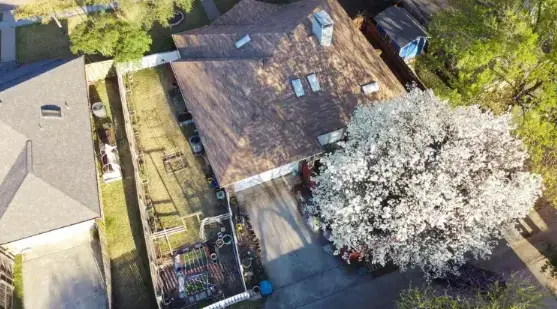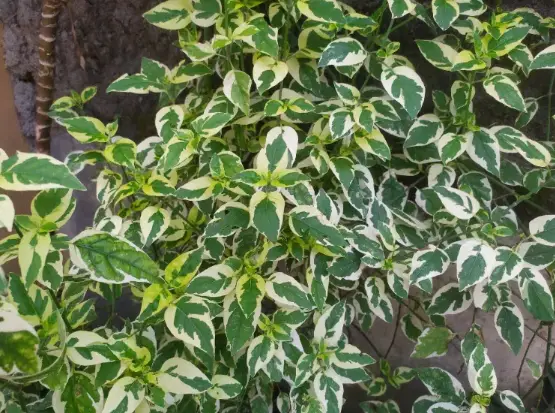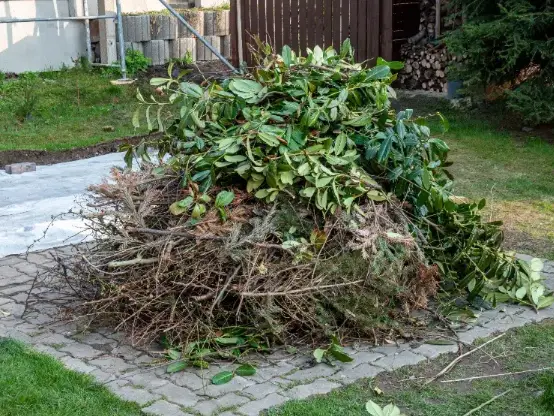When it comes to gardening, it’s important to know not only the best plants to grow but also which trees to avoid due to their unpleasant odors. Some trees can be invasive, compromise nearby structures with their vigorous root systems, or simply stink unbearably. Here’s a look at the worst smelly trees that you should keep away from your home.
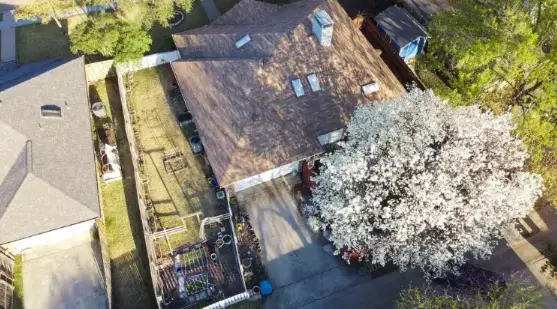
What Are the Worst Smelly Trees to Definitely Avoid?
As a proud garden owner, you might be interested in the best vegetables to plant or low-maintenance shrubs. However, it’s crucial to know which plants to steer clear of, especially those that emit terrible smells. Here are three of the smelliest trees you should never plant in your yard.
1. Chinese Pear Tree (Pyrus calleryana)
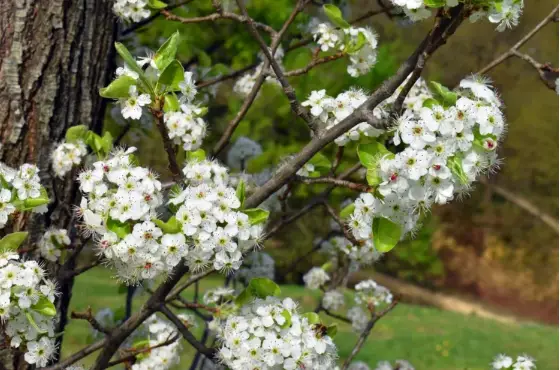
The Chinese pear tree tops the list of the smelliest trees. Native to Asia, it was introduced to Europe by French missionary Joseph-Marie Callery. This hardy tree can reach up to 12 meters and has a compact, symmetrical shape. While its fruits are technically edible, they lack flavor. The real issue arises when the tree blooms; its flowers emit a smell likened to vomit or rotten fish, detectable from miles away. Avoid this tree if you want to keep your yard pleasant!
2. The Forty Crown Tree (Ginkgo biloba)

Also known as the maidenhair tree or silver apricot tree, the Ginkgo biloba is visually stunning, especially when its leaves turn a magical golden hue. Despite its health benefits, be cautious of its aroma. Only the female ginkgo trees produce the notorious odor; their rotting fruits release a scent reminiscent of stomach acid or rancid butter. To keep your garden fresh, opt for male ginkgo trees instead!
3. Tree of Heaven (Ailanthus altissima)

The aptly named Tree of Heaven, or stinking ash, is another tree to avoid. Native to the Orient, it has smooth, brownish-green bark and can grow up to 20 meters tall. Unfortunately, its leaves emit an odor described as a mix of dirty socks, acrid grease, and mold. This invasive species is best appreciated from a distance!
Conclusion
When planning your garden, it’s essential to consider not only aesthetics and maintenance but also the olfactory impact of your choices. By avoiding these smelly trees, you can ensure a more pleasant environment around your home. Happy gardening!
